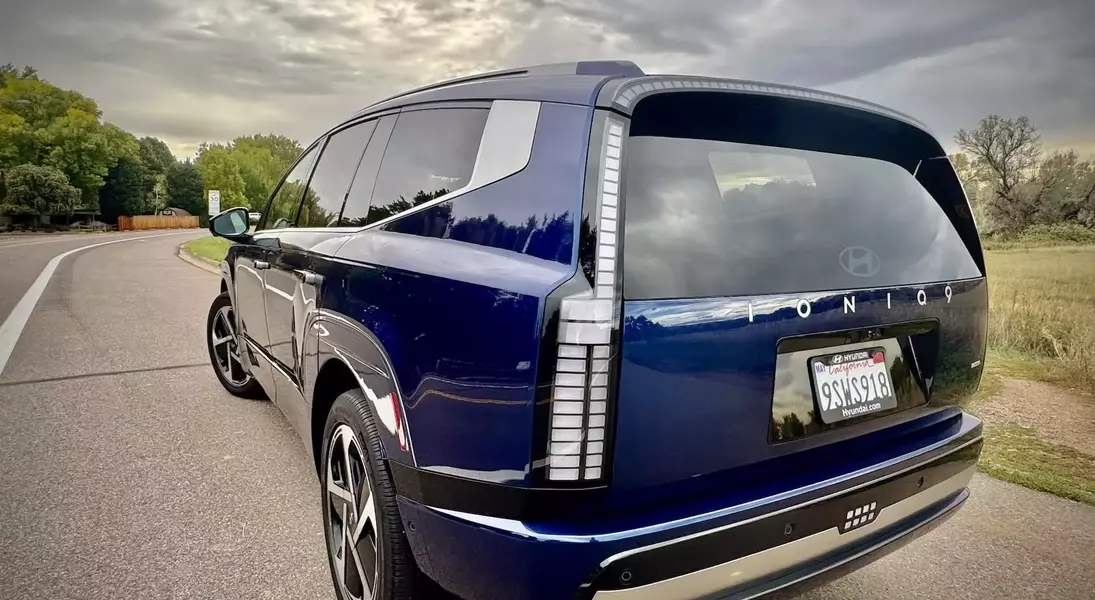
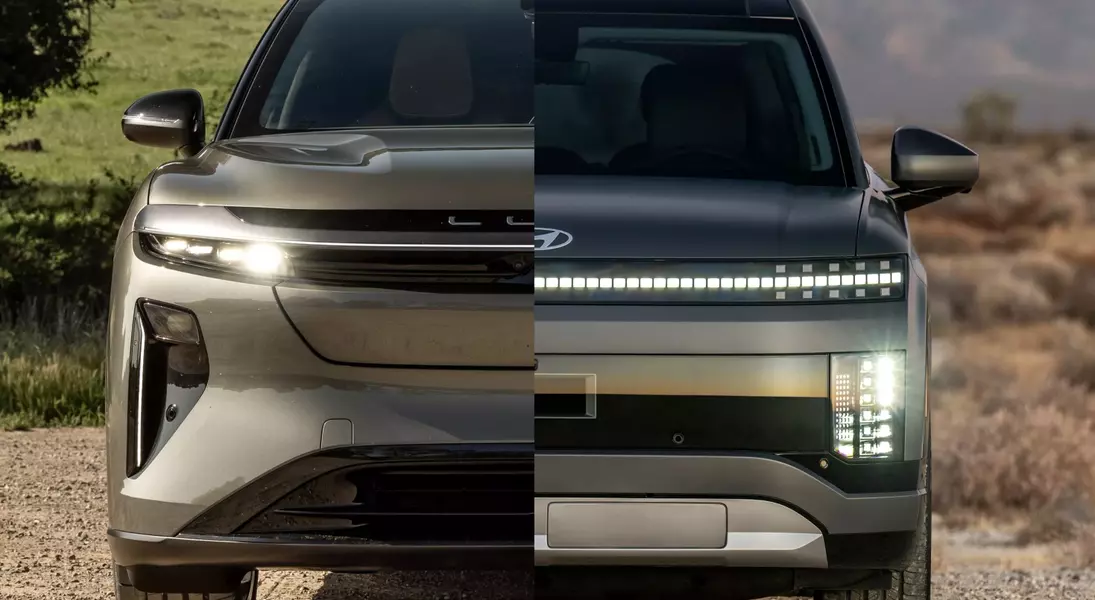
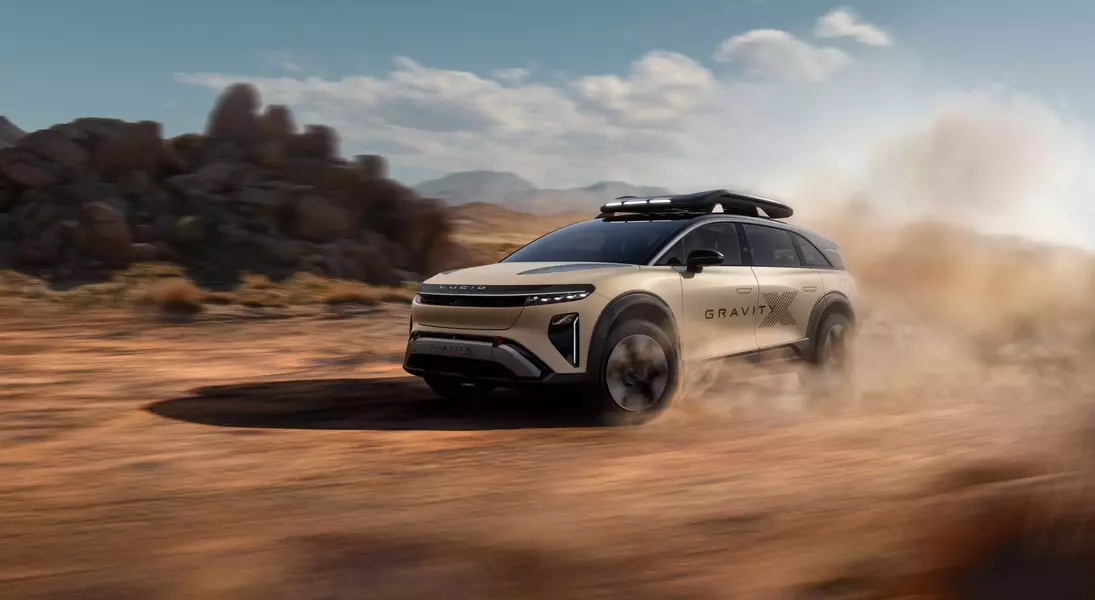
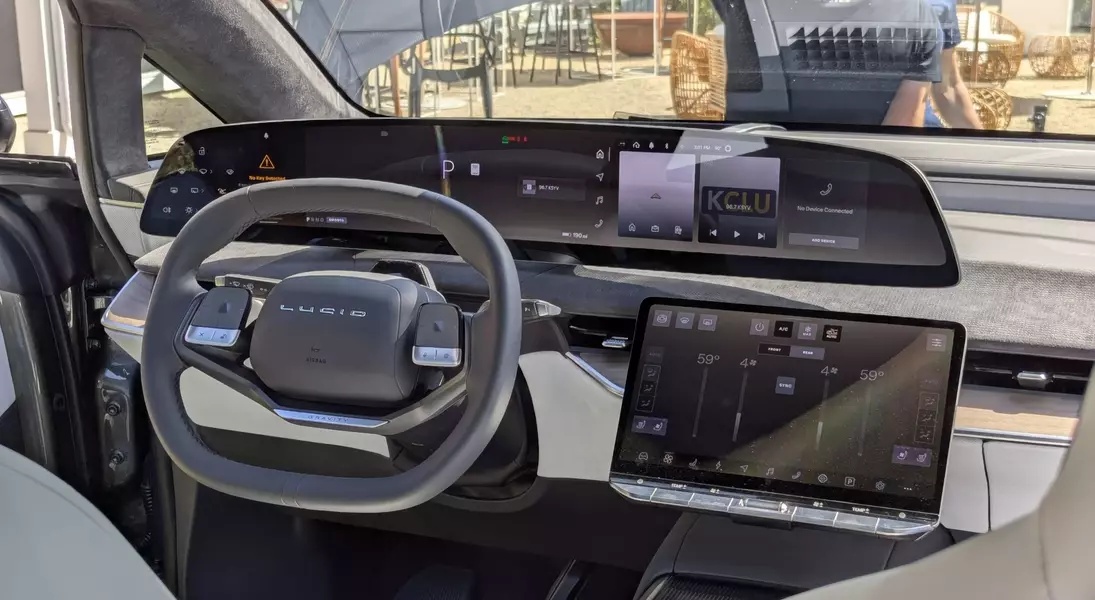
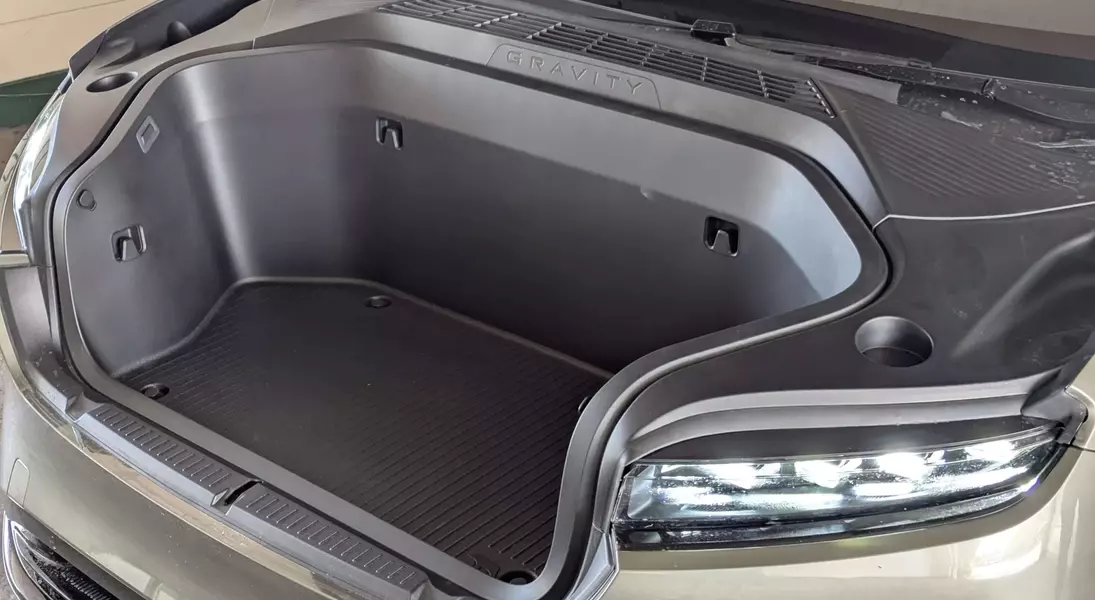
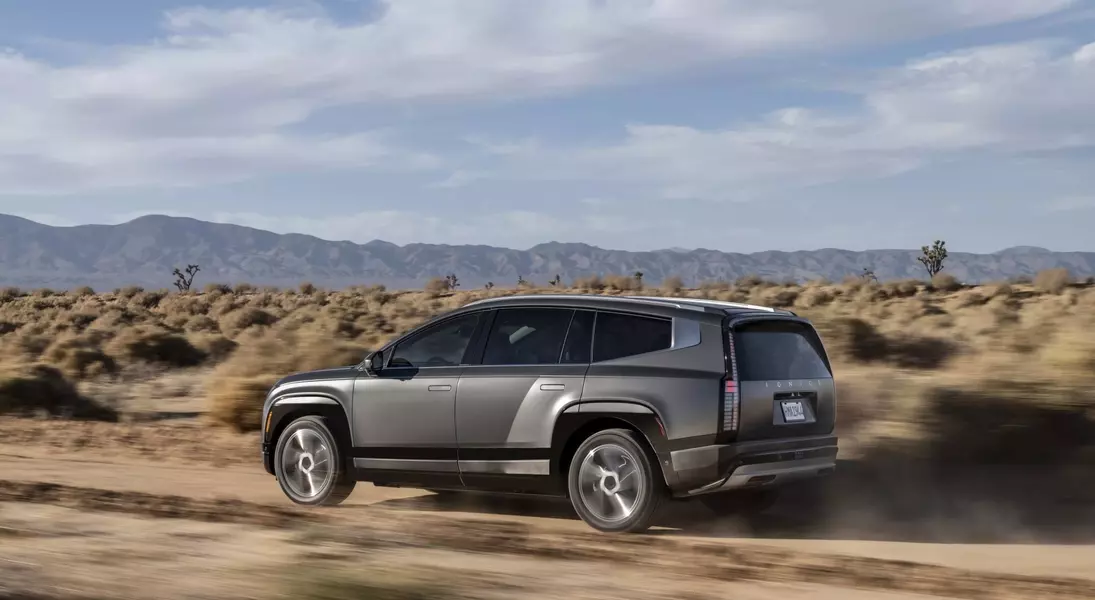

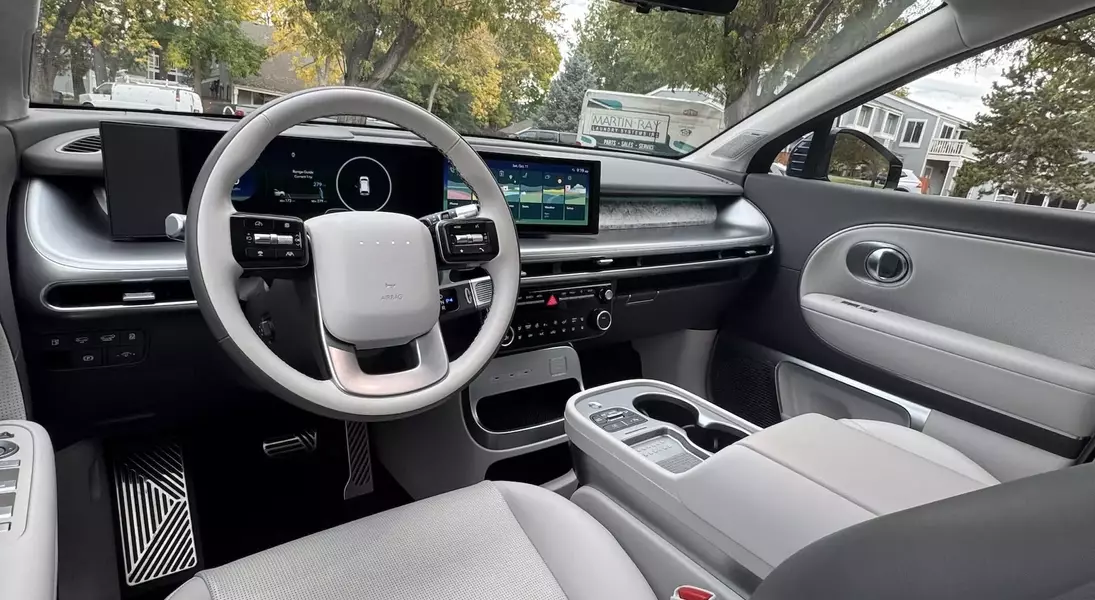
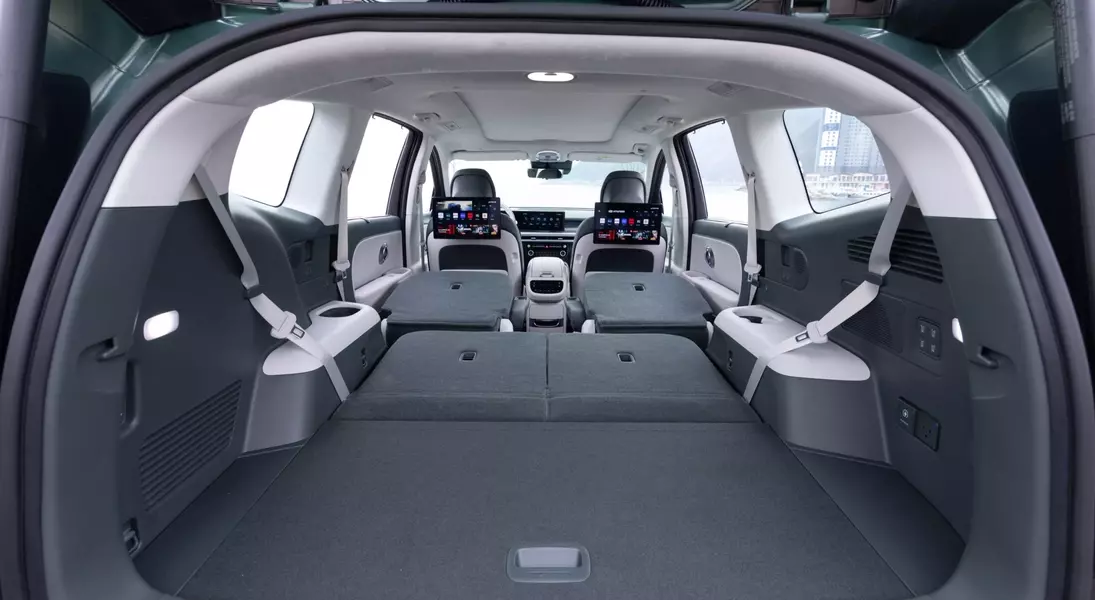
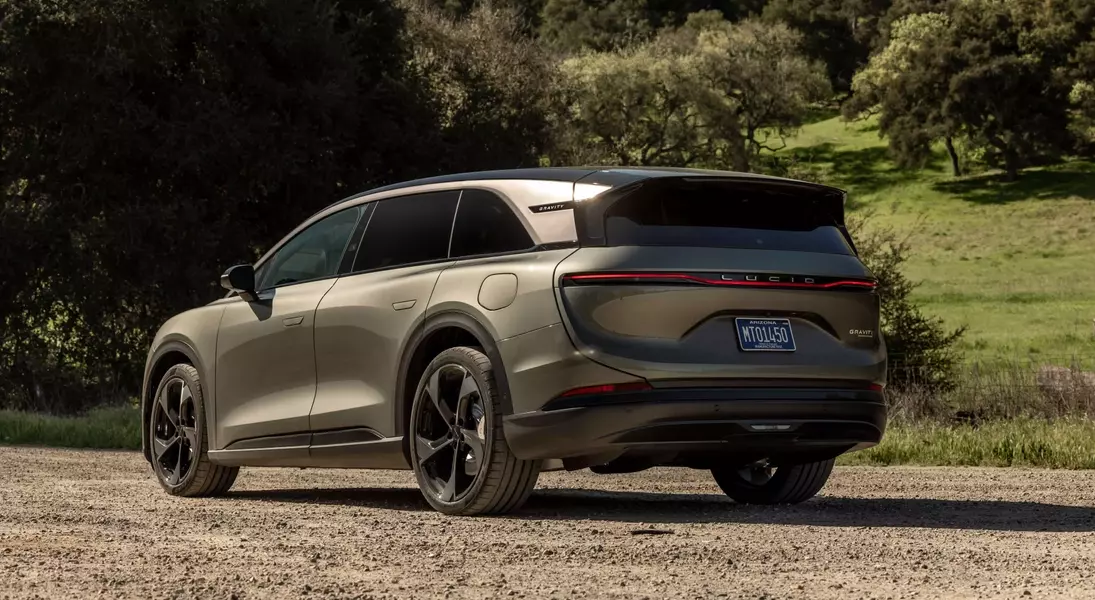


In the burgeoning market of electric vehicles, the Lucid Gravity and Hyundai Ioniq 9 stand out as compelling options, both commanding a price point around $80,000. While they share a similar cost, their design philosophies diverge, offering distinct experiences for discerning buyers. The Lucid Gravity Touring, with a starting MSRP of $79,900, presents a luxurious and performance-oriented package, while the fully equipped Hyundai Ioniq 9 Calligraphy Design AWD, priced at approximately $80,645, emphasizes comfort and everyday usability. Despite their differing approaches, both models deliver comparable power outputs, impressive driving ranges, and ample passenger capacity, making them strong contenders in the premium electric SUV segment. They skillfully blend the versatility of an SUV with the refined driving dynamics often associated with larger electric wagons, proving that family-friendly electric transportation can also be sophisticated.
The Lucid Gravity, especially the Touring model, boasts a powerful drivetrain with an estimated 628 horsepower and a driving range of 350 to 400 miles, leveraging Tesla's NACS fast-charging standard for efficiency. Its adaptability is a key selling point, offering distinct driving modes that transform it from a serene luxury cruiser to a spirited sports car, and even a capable off-roader with adjustable suspension. The cabin provides an exceptionally quiet ride, though the slow power windows and lack of a sunshade for the panoramic roof are minor considerations. Comfort is paramount, with excellent seating, especially in the spacious third row. Furthermore, the Gravity excels in utility, providing up to 120 cubic feet of cargo space and an 8.1-cubic-foot front trunk, along with innovative features like the RangeXchange, which allows it to charge other EVs. In contrast, the Hyundai Ioniq 9 Calligraphy, with its 422 horsepower and 516 lb-ft of torque from dual motors, focuses on a comfortable and composed driving experience. While not as performance-driven as the Gravity, its traditional suspension setup ensures a plush ride and stability, making it ideal for urban commutes and extended highway journeys. Its design prioritizes comfort and practicality, with a quiet interior and supportive seating, though its third row is slightly less accommodating and its cargo capacity is smaller than the Gravity's.
Ultimately, the choice between the Lucid Gravity and the Hyundai Ioniq 9 depends on individual preferences and priorities. The Lucid Gravity appeals to those who prioritize dynamic performance, adjustable driving characteristics, and a high level of luxury, making it a compelling option for drivers seeking an engaging and versatile electric SUV. Conversely, the Hyundai Ioniq 9 offers a more comfort-focused, practical, and livable experience, appealing to families who value a smooth ride, thoughtful interior design, and everyday convenience. Both vehicles represent significant advancements in premium electric family transport, showcasing how innovation in the EV sector is leading to diverse and highly capable options. These electric SUVs not only provide sustainable mobility but also redefine expectations for luxury, performance, and utility, encouraging a broader embrace of electrified driving.
